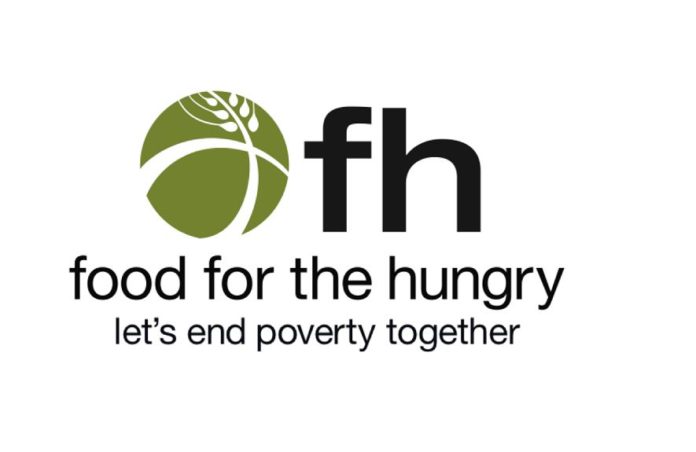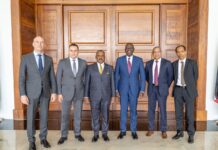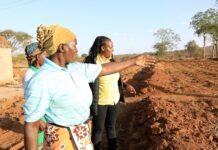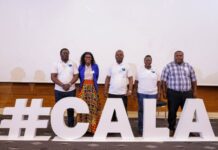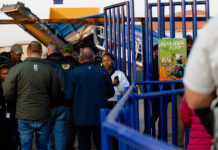International humanitarian organization Food for the Hungry (FH) has been awarded a US $4.5M grant from the Bureau of Humanitarian Affairs to support relief efforts resulting from instability in Cabo Delgado, in northern Mozambique.
FH will provide life-saving support and recovery aid for 152,805 internally displaced persons (IDPs), and assistance to an additional 11,00 host community members affected by the insecurity, violence and climatic shock in Cabo Delgado and Nampula provinces, with a focus on women and children, who are disproportionately affected.
FH will serve as the lead agency for the Consórcio Humanitário de Moçambique (CHEMO) in the Northern Mozambique Complex Crisis humanitarian response, a five-agency consortium that also includes World Vision Mozambique, Humanity & Inclusion, Plan International, and the Adventist Development and Relief Agency. FH’s work within the CHEMO consortium is focused on water, sanitation, and hygiene (WASH) services, the improvement of short-term livelihood recovery through agricultural inputs and improved food production, and protective services for women and children.
Raised concerns
Women and children account for two thirds of IDPs in the region. As such, providing inclusive, gender-sensitive, equitable, and dignified services are a priority for FH. Currently, in addition to limited access to water, there are no gender segregated toilets or bathing areas available in the area. FH reports that many women and girls have raised concerns regarding the challenges of menstrual hygiene management and lack of privacy and security in latrines shared with men and boys. FH is responding directly to the needs of IDPs, who have highlighted child protection and gender-based violence concerns as critical needs.
Due to limited food supplies and livelihood opportunities, many households are restricting consumption by adults to feed children. Female-headed households face further challenges, as they have additional burdens such as childcare and household chores like water collection limiting their available time to engage in livelihood activities. Currently in settlement areas, women are having to walk three to six miles for water.
Since 2017, Cabo Delgado has been experiencing attacks by non-state armed groups. The crisis has left an estimated 1.3 million people in need of immediate humanitarian lifesaving assistance. Insecurity from attacks rapidly escalated in 2020, causing increased protection risks for vulnerable populations and extensive displacement. The majority of IDPs (90 per cent) are in households with limited resources and the remaining are staying in overcrowded collective sites.



